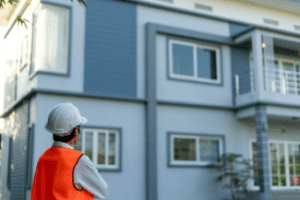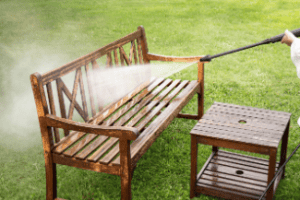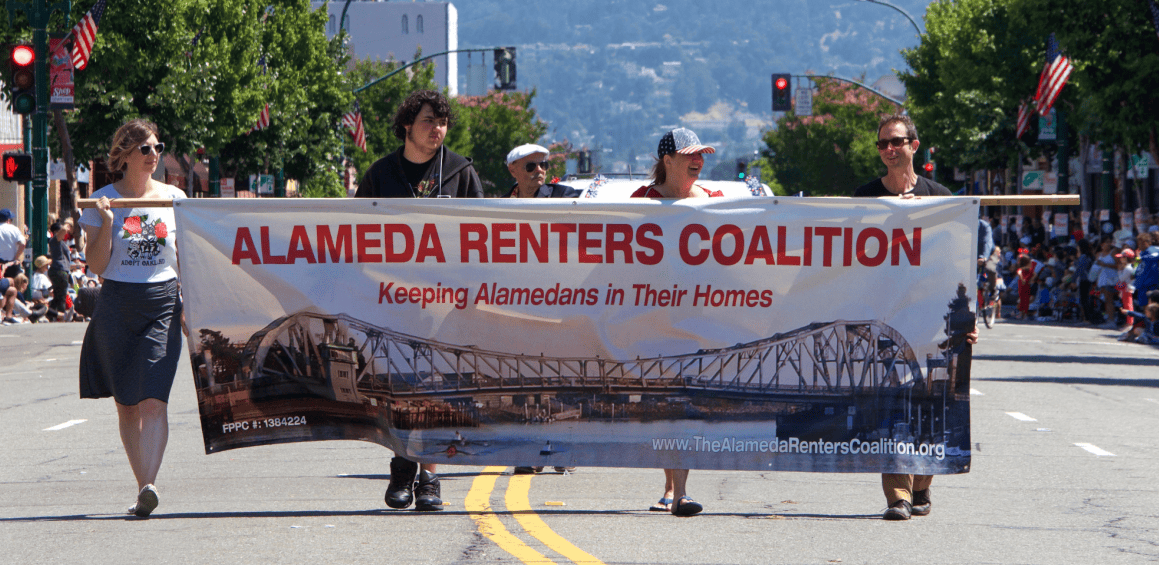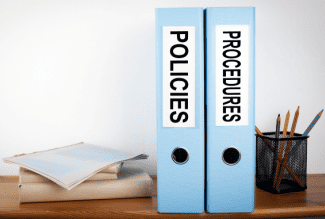Assessing the Physical Condition of a Multifamily Property

The physical condition of the property is confirmed by a through on site inspection of the property which includes evaluating the systems of the property and a walkthrough of each individual unit. Many passive investors are unsure of what all goes into the physical inspections of a large apartment complex or what they should be asking the deal sponsor.
Today we will review a few key items that you will want to be sure and discuss with the sponsor before making an investment.
Roof
Ensuring that a trusting roofing company has inspection the roofs and confirmed their condition is an important question to ask a deal sponsor about a property’s condition. If repairs or replacement is required, make sure that they have conservatively budgeted for this based on a quote from said company.
Foundation
Make sure that the foundation and general structure has been inspected during the due diligence. If foundation repairs are required, make sure that a foundation company has fully assessed and provided a quote. Beware of properties that require extensive foundation repairs and the repairs themselves can cause additional problems with plumbing, sheetrock, etc. that must also be estimated and accounted for in the repair budget.
Sewer Lines
Sewer lines on older properties are often made of cast iron or clay and can erode over time causing them to clog and backup. Make sure the deal sponsor has had all the sewer lines on the property scoped and that they are budgeting for any required repair or replacement recommended by the plumber.
Boilers
Boilers often service entire buildings or even properties for a given apartment complex. Knowing if the boilers are individual hot water heaters for each unit or shared by an entire building and then an understanding of their age and current condition is important to know.
Chiller/HVACs
Chillers are expensive to repair and even more expensive to replace. Knowing the age of the chiller and the results from a professional inspection is important when assessing the risk of the chiller going out during the planned hold time for the property. If the property has individual HVACs then a general idea of their average age is good to know. Although properties typically only replace these once they go out completely, knowing if only a few are likely to go out or many is important to grasp.
Parking Lot
The condition of the parking lot is something that can be easily overlooked if it isn’t in such a state of disrepair that it causes problems. However, lenders often require repairs to degraded parking lots even if they are still in usable condition so planning for this possible request ahead of time is important even if no repairs are planned.
Source: Apogee Capital















 Accessibility
Accessibility